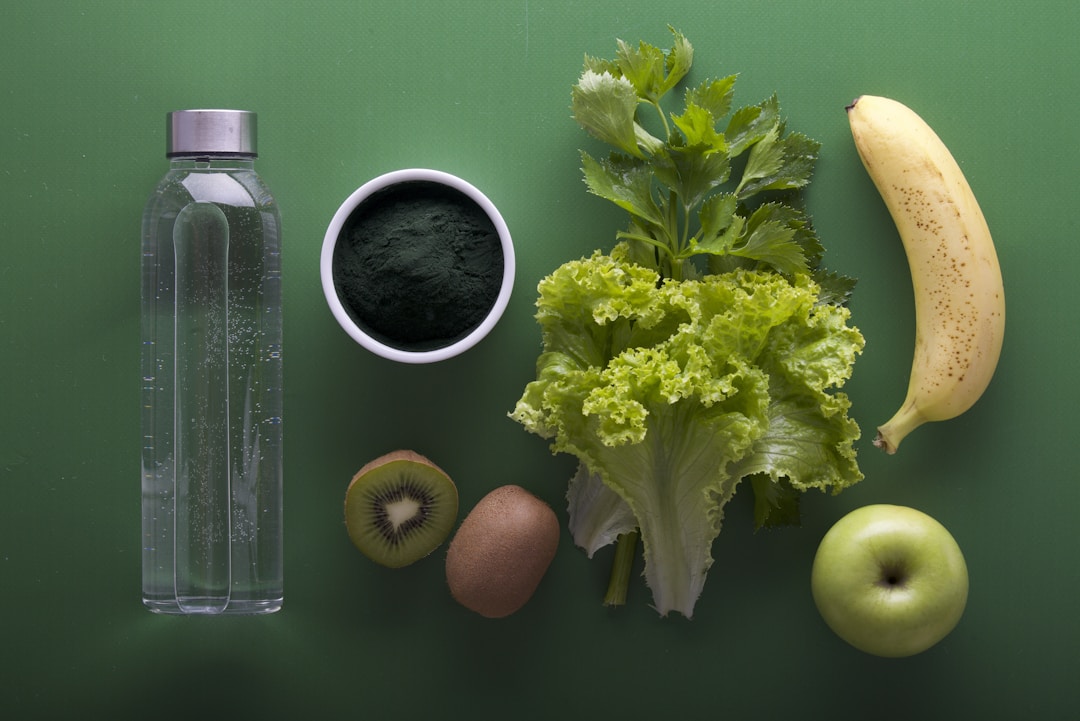Unleash Your Body’s Potential: Health and Wellness Resources for Women Over 40
As women cross the threshold of 40, their bodies begin to experience changes. As a result, health and wellness take on new dimensions, necessitating a fresh approach to lifelong vitality. In this phase of life, understanding and catering to specific health needs becomes paramount for maintaining a balanced lifestyle. Whether you’re seeking to sharpen your mental acuity or enhance your physical well-being, myriad resources are at your disposal. Below, we delve into strategies and insights tailored for the unique journey of women over 40.
The Role of Nutrition in Enhancing Women’s Health Post-40

As women age, good nutrition becomes even more essential, especially for supporting heart, bone, and hormonal health. Calcium and vitamin D help strengthen bones, while magnesium and vitamin K improve calcium absorption. A balanced diet rich in fruits, vegetables, lean proteins, and whole grains lays a solid foundation. Fiber from sources like oats, berries, and legumes also supports digestion and blood sugar balance, while staying well-hydrated helps maintain skin health and kidney function.
Healthy fats, especially omega-3s from fish and flaxseeds, play a vital role in protecting the heart and brain as estrogen levels shift. Gradual dietary improvements tend to be more sustainable than sudden changes, and speaking with a nutritionist can help tailor a plan to individual needs. For added guidance, vitality health matrix reviews offer insight into personalized nutrition strategies and supplements designed with women over 40 in mind.
Understanding the Unique Health Needs of Women Over 40
Women in their 40s encounter shifting health dynamics, with increased risks for conditions like osteoporosis and heart disease. Regular check-ups, including mammograms and bone density tests, are vital for early detection. Nutritional and exercise needs evolve as metabolism slows, making weight management more challenging.
Emphasizing nutrient-rich foods that support hormonal balance and bone strength becomes essential. Mental health also plays a key role, as stress from careers, family, and caregiving can accumulate. Seeking support through counseling or stress-relief practices helps maintain emotional well-being. Changing sleep patterns often emerge, making quality sleep and good habits crucial. Lifestyle adjustments tailored to these changes support long-term physical and mental wellness.
Navigating Hormonal Changes and Their Impact on Wellness
Hormonal fluctuations after 40, especially during perimenopause and menopause, bring symptoms like hot flashes and mood swings that can affect overall well-being. Understanding these changes is key, and while hormone replacement therapy may help, it requires medical guidance.
Diet plays a crucial role, with phytoestrogen-rich foods such as flaxseeds and soy offering natural relief, while processed foods and sugars should be limited. Regular exercise, including strength and weight-bearing activities, supports bone health and eases symptoms. Tailoring workouts to daily energy levels is important. Managing stress through practices like yoga, meditation, and deep breathing can help balance hormones and improve sleep, mood, and energy.
Exercise Strategies Tailored for the Over-40 Female Body

Physical fitness after 40 focuses on adapting exercise to suit the body’s changing needs rather than chasing youthful performance. Functional training, including squats, lunges, and planks, helps maintain muscle mass and balance, lowering the risk of falls. Cardiovascular health benefits from a mix of low-impact activities like swimming and cycling, with moderate-intensity options such as brisk walking, which are gentle on the joints.
Strength training becomes essential for countering age-related muscle loss and preserving bone density, with at least two weekly sessions recommended. Rest and recovery are vital for muscle repair, while flexibility practices like yoga or Pilates enhance mobility and prevent stiffness.
Mental and Emotional Wellbeing for Women in Midlife Transition
The midlife transition often brings profound mental and emotional shifts, prompting women to explore new careers, redefine relationships, or pursue hidden interests. Staying socially engaged and fostering strong connections supports emotional well-being. Cognitive changes, like memory issues or trouble focusing, may emerge, but activities such as puzzles, language learning, or playing instruments can help maintain mental sharpness.
Mental stimulation is as vital as physical activity for overall wellness. Managing stress becomes increasingly important, with mindfulness, meditation, and creative outlets like music, art, or writing offering valuable relief. Prioritizing self-care through setting boundaries, engaging in restful activities, and seeking professional support when needed helps sustain mental and emotional balance during these years.
Overall, navigating the post-40 landscape requires a thoughtful approach encompassing physical, mental, and emotional health. By understanding and adjusting to changes, engaging in proper nutrition and exercise, and maintaining robust mental health, women over 40 can embrace a fulfilling and vibrant phase of life.



















